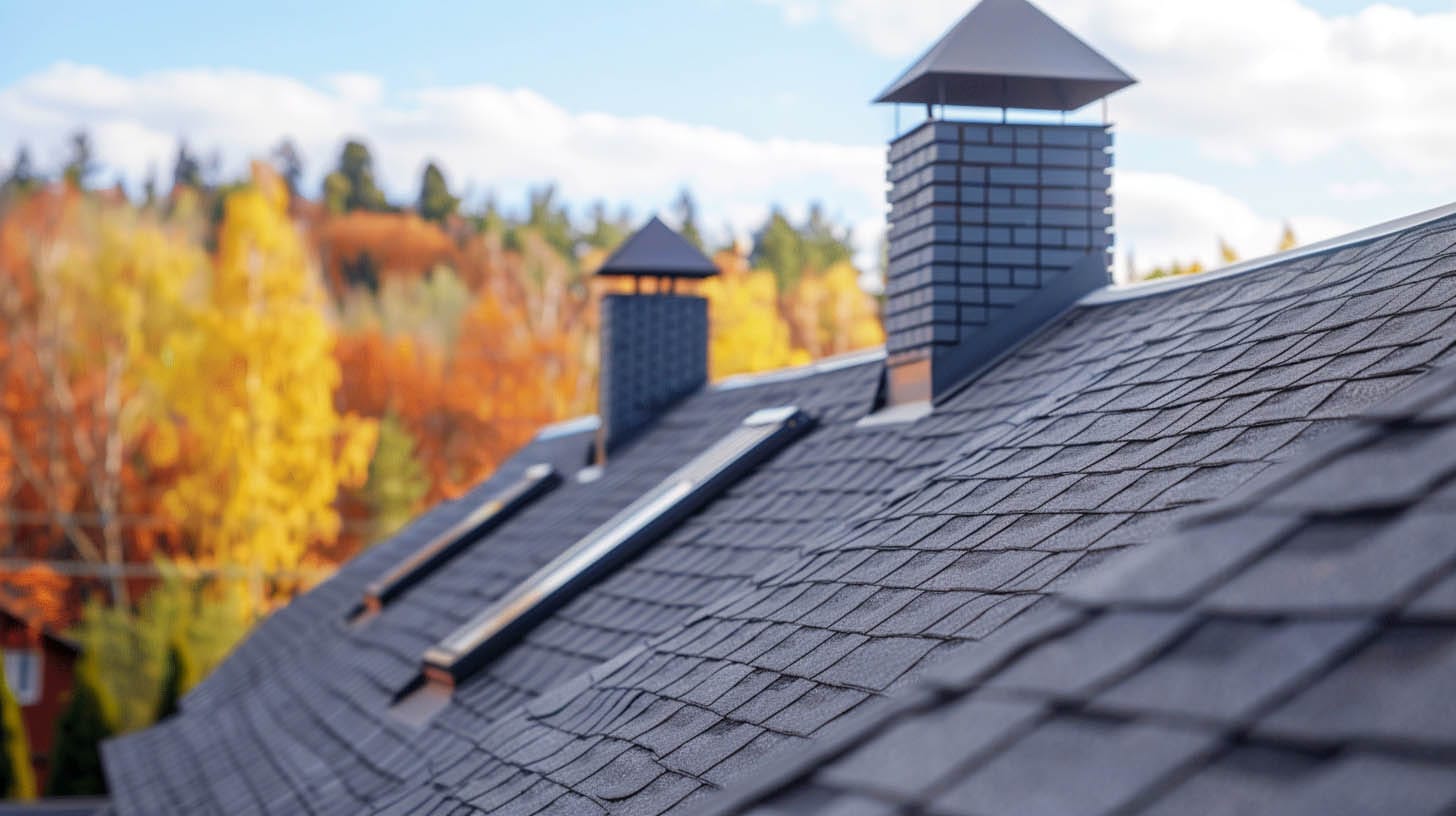
Attic ventilation plays a pivotal role in maintaining the structural integrity and comfort of your home. It involves the continuous flow of outside air through the attic space, which is crucial for minimizing heat buildup and moisture accumulation. This process not only extends the lifespan of your roofing materials but also enhances indoor air quality, making it an indispensable aspect of home maintenance.
The principle of attic ventilation is rooted in the natural flow of thermal energy. During summer months, temperatures in an unventilated attic can soar above 160°F, causing heat to seep into living spaces and strain air conditioning systems. In winter, warm indoor air can lead to condensation, fostering mold growth and wood rot. Proper ventilation creates a balanced airflow, reducing temperature extremes and moisture levels.
An effective attic ventilation system comprises intake and exhaust vents. Intake vents, located at the lowest part of the attic, allow cool air to enter. This air travels up and exits through exhaust vents at the peak, creating a constant airflow that helps regulate attic temperature and humidity.
Intake vents are critical for introducing fresh air into the attic space. Options include soffit vents, which are installed in the eaves, and edge vents, which fit along the roof’s edge. These vents ensure that cool, outside air can enter the attic, setting the stage for effective ventilation.
Exhaust vents are installed at the highest points of the roof, allowing warm, moist air to exit. Ridge vents, which run along the roof’s peak, are among the most efficient types, providing uniform ventilation across the attic. Other options include turbine vents, which use wind power to draw air out of the attic.
Proper attic ventilation safeguards roofing materials from premature deterioration. By preventing extreme heat and moisture buildup, it reduces the risk of shingle damage, wood rot, and mold growth. This not only prolongs the lifespan of the roof but also maintains its aesthetic appeal.
Efficient attic ventilation contributes to a more comfortable living environment by stabilizing indoor temperatures. It reduces the burden on heating and cooling systems, leading to lower energy consumption and utility bills. Additionally, it prevents the accumulation of indoor air pollutants, ensuring a healthier living space.
In winter, uneven roof temperatures can cause snow to melt and refreeze at the eaves, forming ice dams. These dams can lead to water leakage and structural damage. Proper ventilation promotes uniform roof temperatures, minimizing the risk of ice dams and associated damage.
For attic ventilation to be effective, it must be correctly designed and installed. This involves calculating the appropriate vent area based on the attic size and ensuring a balanced distribution of intake and exhaust vents. Regular maintenance, including clearing vents of debris and checking for blockages, is essential for sustained performance.
Teflon Roofing, located in Chambersburg PA, specializes in the installation and maintenance of high-quality attic ventilation systems. With a focus on durability and efficiency, our solutions are tailored to meet the unique needs of each home, ensuring optimal indoor comfort and roof longevity.
Copyright © Teflon Roofing